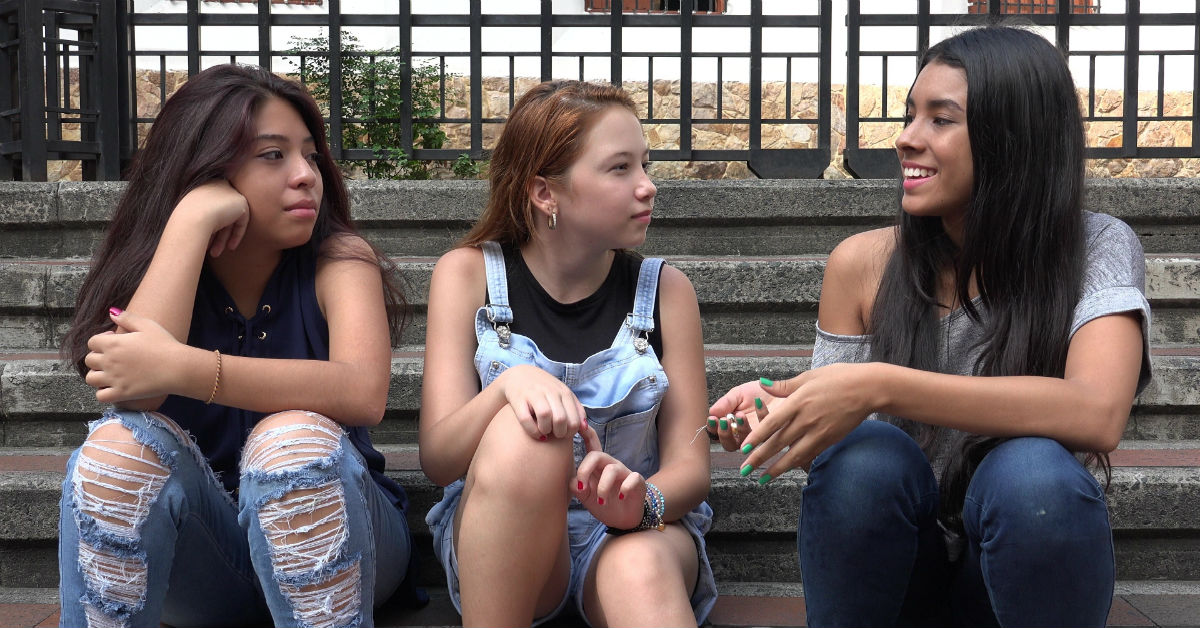No one is born with the ability to effectively resolve a conflict. It is a skill that is developed over time and can be harder at certain ages than others. During the younger years the human brain is underdeveloped. As each year passes, things become more solid, more formed and more productive. But in between, traits such as empathy and problem solving can remain fairly weak.
Even once they have aged into adulthood, if a person had no guidance when they were growing, conflict resolving might still be impossible. That is why it is so important that we, as parents, teach out children those skills as they grow older, so they can take it into their adult lives.
For those who never learn the skill, behavioral problems are not uncommon.
The Importance of Conflict Resolution
Conflict resolution is necessary in nearly all aspects of our lives. There is little difference, when you break it down, between a fight as a child with a friend over a game and a fight as an adult with a coworker over a project.
Professional and personal relationships hinge on a person’s ability to step back, remain calm and work out problems with others.
How do you help teach your child that skill?
Teaching Conflict Resolution The Easy Way
There are several simple ways that you can help your teenager to resolve conflicts peacefully and effectively:
- Help them gain perspective – Is the situation they are facing worth getting upset over? Chances are, if you have them take a step back and think about it the answer will be no.
- Talk about how the other person might be feeling – Teens can get wrapped up in their own emotions and need some help thinking about what others might be feeling. Point it out and teach them empathy.
- Teach the 1, 2, 3 method – Stop, take three breaths through the belly, start again. That is the 1, 2, 3 method and it is a great way to focus and calm down before reacting.
- Encourage them to write their feelings – Sometimes we all just have to get things out, especially if it is a long term issue that festers, or multiple issues build up. Encourage them to write letters they will never send to work out their emotions.
- Teach the ‘I’ statement method – “I feel like you don’t listen to me” is much better than “Can’t you just shut up for once?!” The ‘I’ method is when we phrase things in how we feel, not accusing the other person.
Find out more at Help Your Teen Now.











0 Comments